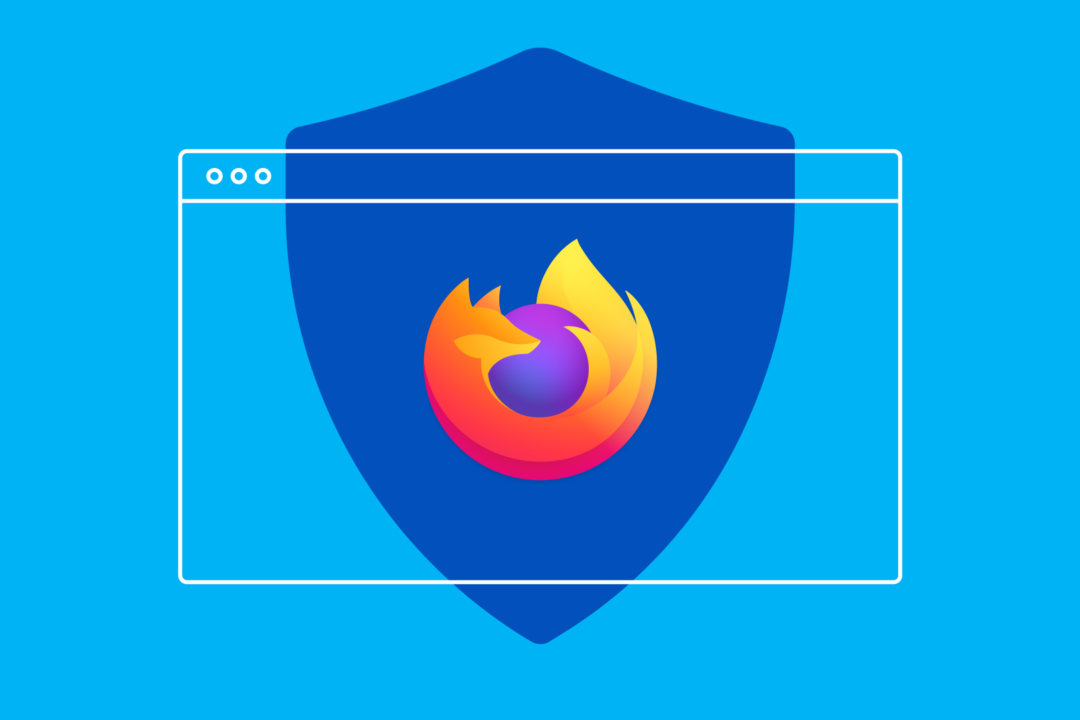
Built for privacy: Partnering to deploy Oblivious HTTP and Prio in Firefox | The Mozilla Blog
Protecting user privacy is a core element of Mozilla’s vision for the web and the internet at large. In pursuit of this vision, we’re pleased to announ
Learn more: Firefox and Fastly take another step toward a privacy upgrade for the internetHow does Oblivious HTTP (OHTTP) work?
OHTTP is a spec and service architecture that engineers can use to enable more private communications between two parties by splitting the information about the requester from the information of the request being made. You can read more about OHTTP here, but the basic idea is that it is “double-blind” in the sense that the spec is designed so that there is never a single party who has all of the information about who is making a request, and what the request is. When OHTTP is not in use all of that data is mixed together, which leaves room for abuse or misuse, and also means that a malicious attack could gain access to that data. With OHTTP a new level of privacy is guaranteed.
Learn more: Divvi Up is providing privacy-preserving metrics for FirefoxToday, I'm excited to share that a deployment of DAP is in the works for Mozilla's Firefox browser.
The idea behind Divvi Up is to resolve much of the tension between wanting to know information about a population of people and achieving that by collecting information about individuals that might compromise their privacy. Firefox, as a browser that keeps its users' privacy at the forefront, was the ideal partner to roll out an early deployment of Divvi Up.


